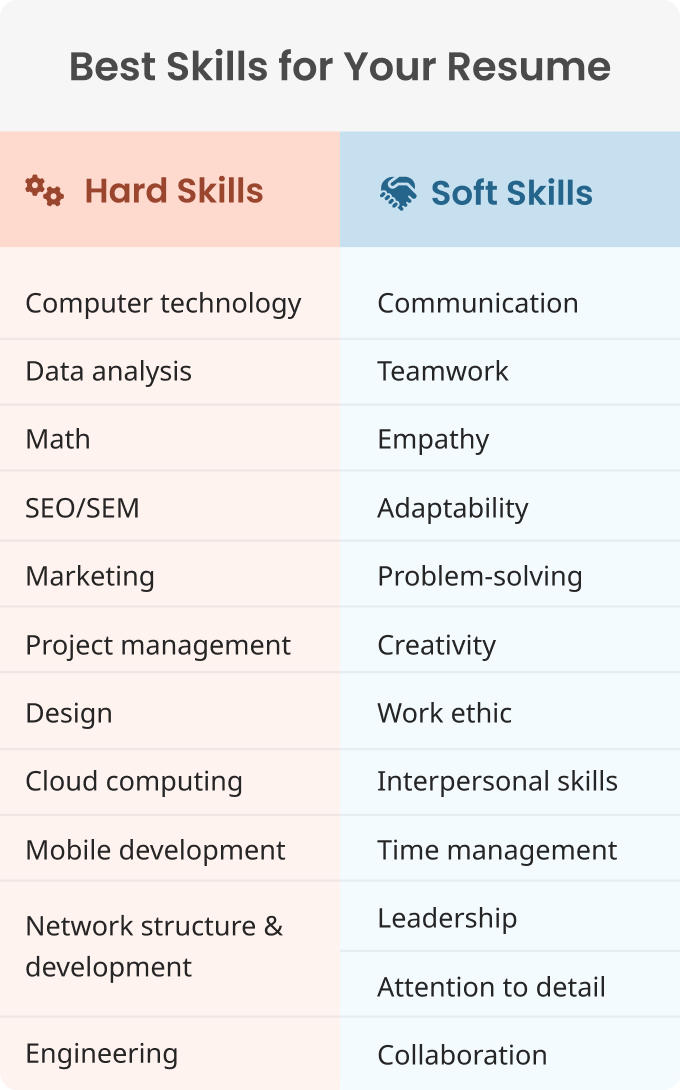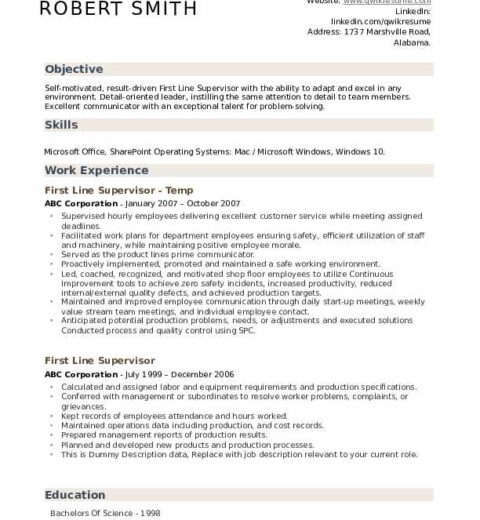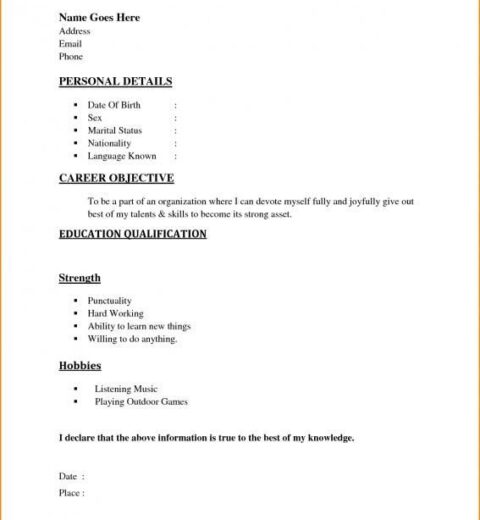In today’s competitive job market, crafting a compelling resume is paramount for career advancement. Among the myriad elements that contribute to a standout resume, the skills section holds particular significance. A well-curated skills section not only communicates your qualifications but also aligns them with the expectations of potential employers. This article will delve into the best skills to include on a resume, providing insight into various categories of skills that can enhance any job application.
At the core of a resume are hard skills and soft skills. Understanding the distinction between the two is critical when determining which skills to highlight. Hard skills refer to specific, teachable abilities acquired through training or education, such as proficiency in software applications, foreign languages, or technical competencies. Conversely, soft skills embody personal attributes and interpersonal skills, which facilitate effective communication and collaboration.
Hard Skills
Hard skills are often quantifiable and can be verified through formal education or certifications. These skills vary significantly across industries but share a common need for specificity.
1. Technical Proficiency
In an ever-evolving technological landscape, technical skills can significantly influence hiring decisions. Examples include:
- Software Engineering: Familiarity with programming languages such as Python, Java, or C++.
- Data Analysis: Proficient in utilizing data analysis tools like SQL, Tableau, or R.
- Graphic Design: Capabilities in design software like Adobe Photoshop or Illustrator.
2. Project Management
Project management skills are highly valued across various sectors. Candidates often enhance their resumes with certifications such as PMP (Project Management Professional). Skills to include are:
- Agile Methodology: An understanding of agile frameworks can set applicants apart.
- Time Management: The ability to efficiently allocate time against competing tasks is crucial.
3. Financial Literacy
Incorporating financial skills can benefit those in business-related fields. Essential skills include:
- Accounting Proficiency: Familiarity with accounting software like QuickBooks.
- Budgeting and Forecasting: Skills in financial forecasting to guide strategic planning.
Soft Skills
While hard skills may get your foot in the door, soft skills often determine your long-term success and ability to thrive within a workplace culture.
1. Communication Skills
Effective communication is key in every professional setting. These skills can take many forms:
- Verbal Communication: The ability to articulate thoughts clearly and concisely.
- Written Communication: Crafting coherent emails, reports, and presentations.
- Active Listening: Demonstrating attentiveness and understanding in conversations.
2. Teamwork and Collaboration
Working harmoniously with others is often a prerequisite for success in many roles. Being a cooperative team member involves:
- Building Relationships: The ability to develop rapport with colleagues.
- Conflict Resolution: Navigating disagreements constructively to foster a positive work environment.
3. Adaptability
In a world marked by rapid change, adaptability is vital. Professionals should demonstrate a willingness to:
- Embrace Change: React positively to new challenges and requirements.
- Learn New Skills: Continuously seek opportunities for personal and professional development.
Industry-Specific Skills
In addition to hard and soft skills, including industry-specific skills can further tailor your resume. These skills can demonstrate your understanding of the particular demands of the industry you are aspiring to enter.
1. Marketing Skills
For those interested in marketing positions, skills to consider include:
- SEO Expertise: Able to optimize content for search engines.
- Social Media Management: Proficiency in leveraging platforms for brand promotion.
2. Healthcare Skills
For applicants in the healthcare field, specific competencies such as:
- Clinical Skills: Proficiency in relevant medical procedures and patient care practices.
- Regulatory Knowledge: Understanding healthcare laws and regulations.
3. Sales Skills
For roles in sales, candidates might highlight:
- Negotiation: The ability to influence and persuade customers effectively.
- CRM Software Proficiency: Familiarity with customer relationship management systems.
Conclusion
Choosing the right skills to include on a resume is a meticulous but essential task that can dictate your job-search success. By thoughtfully blending hard skills, soft skills, and industry-specific competencies, candidates can present a well-rounded application that resonates with employers. Ultimately, the goal is to reflect not only professional qualifications but also a readiness to contribute to the growth and success of an organization. Prioritize skills that align with the job description, and continuously update your skills portfolio to remain relevant in a dynamic job market.




